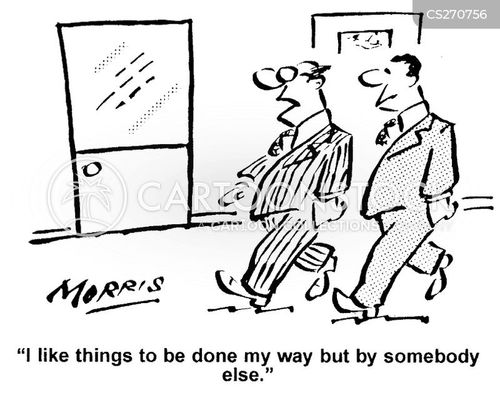MANAGING YOUR ENVIRONMENT

Sometimes
you feel that if you could change the attitudes or perception of those around
you, you could be more effective, successful and fulfilled. Sometimes you may attempt to change other
people, telling them how to react. The truth
is, you cannot. The good news is that
you already have everything you need to succeed. But one of the biggest hindrances is rooted in
emotions – yours and those of others around you.
A
person’s internal emotions may be the exact opposite of his external demeanour.
Internal emotions will affect
performance and the overall effectiveness of the group. Each individual affects and is affected by
the entire organisation culture. “Reaction”
is the absence of “intelligent action”, and a reaction in one individual will
affect a reaction in others.
Much
of what hinders the peak performance comes from negative emotion. Negative emotions are usually spawned by
broken expectations. Usually, when an
expectation is not met, people tend to look for external reasons to justify the
failure. In order to gain temporary
emotional gratification, other are blamed on.
You
don’t manage emotions being an emotional being yourself. You can just manage the environment in order
to nurture more intelligent actions, Thus reducing the knew-jerk reactions. It is important to realise that for every
action taken, every decision made, no matter know small, it will affect the
group. Reactions of any individual will
affect everyone else. Thus learn and
study your awareness about what you do and how you react to your environment. Only when you delve into how emotions affect
you and those around you, can change happen. Then you will make progress not only in your
work and effectiveness but also in your humanity
Shared
From:
Nurturing
Emotions
By
Arthur F. Carmazzi
The
Star, Wednesday
Thursday,
24 February 2011


